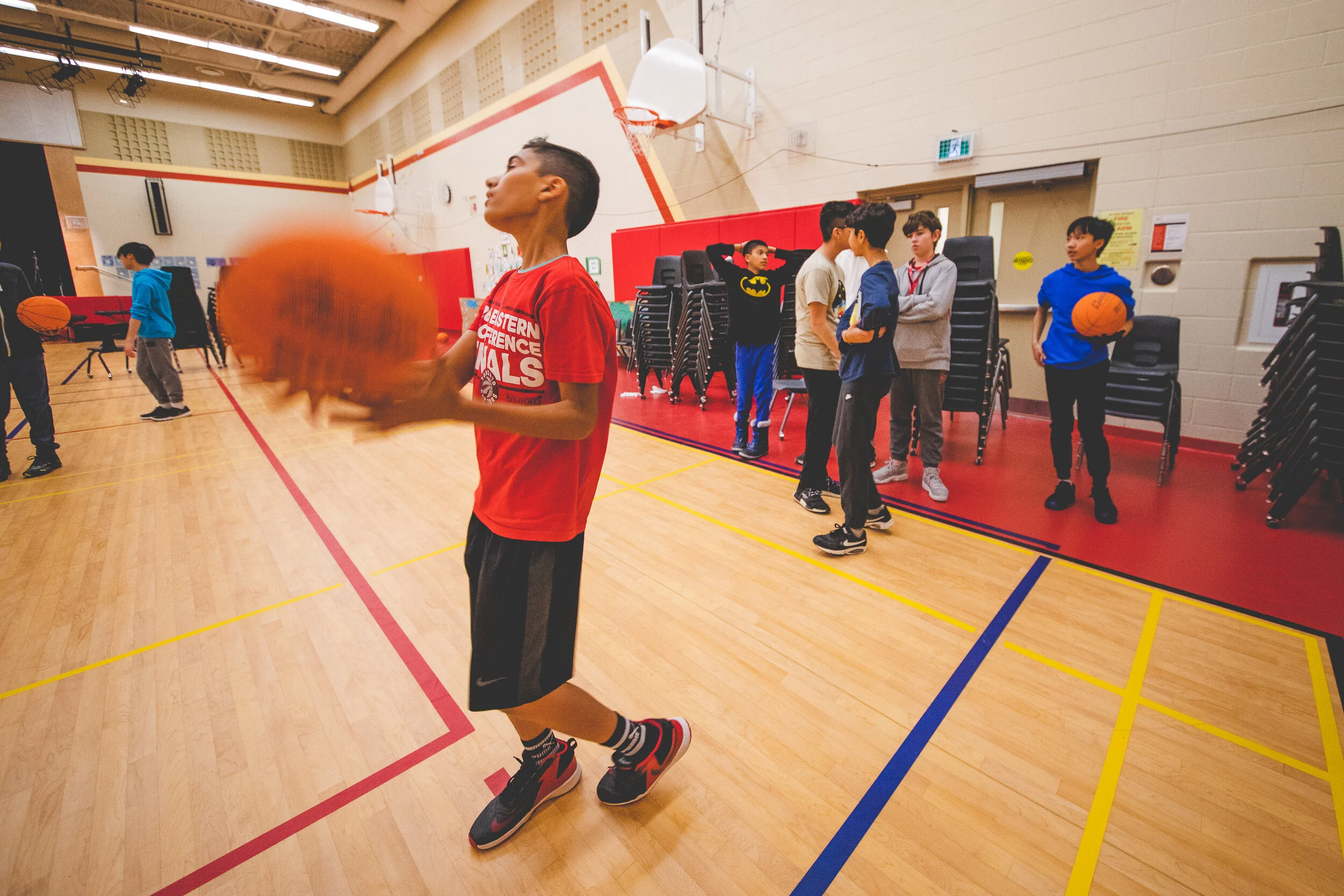Undermining Trash Talk
© Next Gen Men 2020
By Jonathon Reed
I drop over the wall and reload my gun. “I think he’s gone,” I say.
My 11-year-old teammate’s voice crackles a bit over my headset. “Of course he is!” he cheers. “He probably heard that it was you he was up against and ran for it. You’re unstoppable. You’re the best in the game.”
I’m not that good at Call of Duty.
Certainly not good enough to merit that amount of praise from a kid who has faster reflexes, steadier aim and usually about twice as many kills as me.
He knows that. But he also knows that I don’t like trash talk.
Trash talk is an entrenched element of competitive culture, from professional sports to rap lyrics to video games like Call of Duty or Minecraft. It’s indelibly familiar to boys. It typically involves verbal taunting, jockeying for position or trying to get in the head of your opponents. Sometimes it’s serious, sometimes it’s not.
At its worst, trash talk gets picked up by boys who would rather go on the offensive than end up as targets themselves. It fuels the us-versus-them dehumanization that turns rivalry into conflict, and the hierarchical don’t-be-vulnerable mindset that leads to patterns of hazing in sports teams and toxicity in video games.
Not all trash talk is like that. It can be healthy, fun and add a competitive edge to a sport or game. But most of the time, trash talk is about status. We have to ask ourselves, is that what boys need?
If you spend time with boys, you know that even competitive environments like sports, music and video games can be about a lot more than that. Teamwork and loyalty, effort, achievement and failure, self-worth and expression are all worthwhile and meaningful elements of boys’ experiences in competition.
“At their best, sports provide boys with an opportunity for play in a free atmosphere so that they can be themselves and express a full range of emotions—from the exhilaration of a last-minute goal to the acute disappointment of being defeated by the opposing team, from the joy of being the one to pull of an unexpected play to the embarrassment of fumbling the ball in the last quarter of the game.”
These experiences work best when they’re not constrained by the fear of failure or the pressure of boys’ social status.
I know that I don’t have the capacity to erase trash talk from boys’ lives. I probably wouldn’t even if I could, because I know firsthand that it can be an important part of the game. But the times that we engage together can be opportunities to feel what it’s like to support each other instead of tearing each other down.
In playing with that 11-year-old and having him so unabashedly cheer on my mediocrity, I’ve been surprised by how uplifting it actually is—and if it makes a difference to me, you can bet it makes a difference for our youth.
ICYMI This Week
Sexual Assault Against Boys Is a Crisis (The Washington Post Magazine)
Young Black men and teens are killed by guns 20 times more than their white counterparts, CDC data shows (USA Today)
The trouble with boys: what lies behind the flood of teenage sexual assault stories? (The Guardian)
Written by Next Gen Men Program Manager Jonathon Reed as part of Learnings & Unlearnings, a bi-weekly blog reflecting on our experiences working with boys and young men. Subscribe to Future of Masculinity to get Learnings & Unlearnings delivered to your email inbox.

